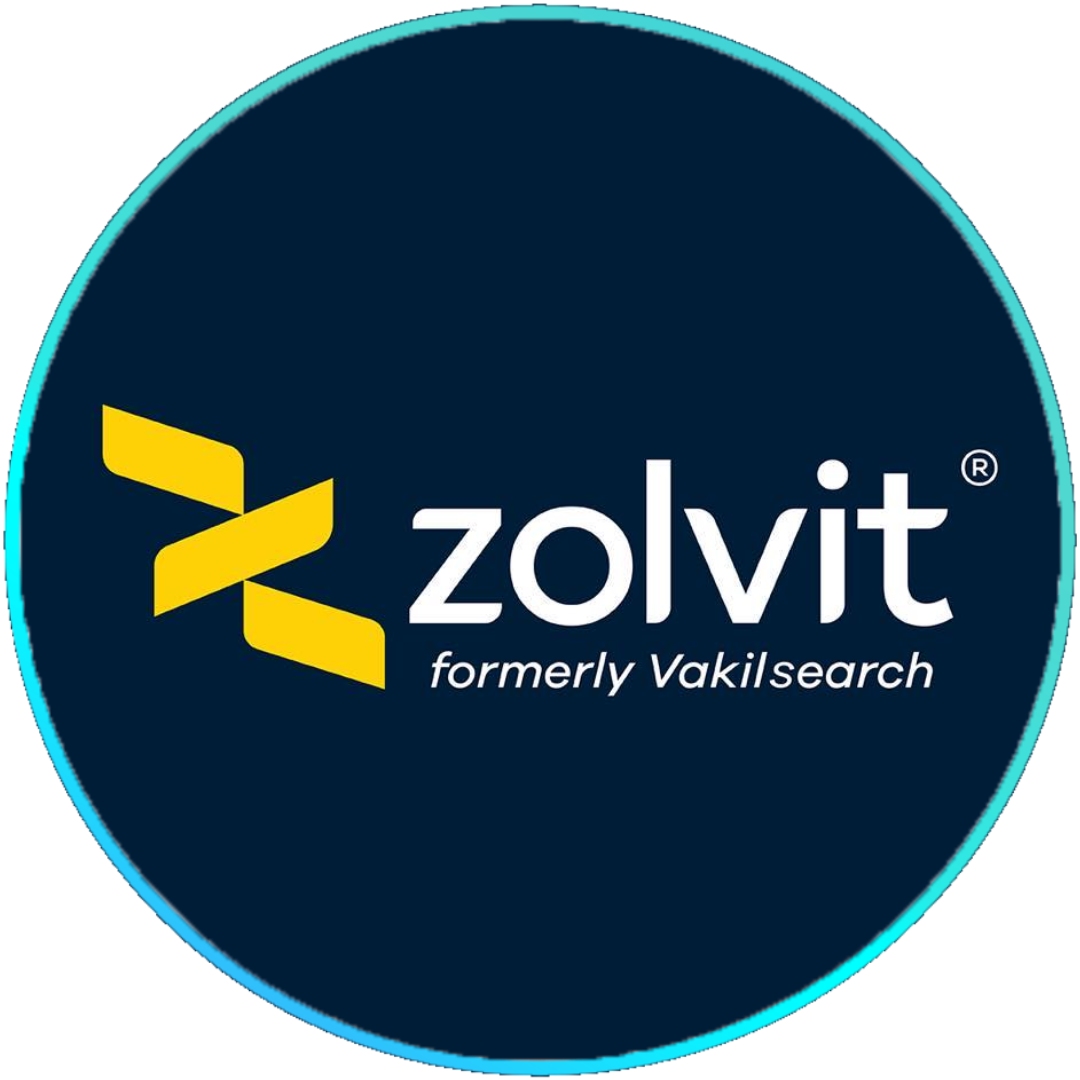
Image Credit- Freepik
Trademark Registration In The Metaverse Needs Proper Legislation: Know More
Writer: Vakilsearch
Vakilsearch.com is the pioneer online platform that provides legal services to startups, corporates and professionals in India.
India, 19 Nov 2022 9:24 AM GMT | Updated 7 March 2023 12:12 PM GMT
Creatives : Shiva Chaudhary |
A post-graduate in Journalism and Mass Communication with relevant skills, specialising in content editing & writing. I believe in the precise dissemination of information based on facts to the public.
Guest Author : Vakilsearch
Vakilsearch.com is the pioneer online platform that provides legal services to startups, corporates and professionals in India.
The trademarks which consist exclusively of marks or indications that have become customary in the current language or the bonafide and established practices of the trade shall not be registered.
With the metaverse on its way, businesses are gearing up to use this fresh market to showcase their products and services. However, now comes the question of intellectual property safety in the metaverse. In the real world, when a business completes trademark registration, it will be provided with exclusive rights to utilise the intellectual property.
Will this even apply to the virtual world? One can't directly answer this question; multiple factors have to be taken into account. First, let's brush up on the basics:
Metaverse is a three-dimensional virtual world that combines virtual reality, social media, augmented reality, and online gaming. It is an idea of a 3D universe combining multiple virtual spaces. You can browse, visit functions and socialise in these 3D spaces in the future.
It is not in complete existence; however, some of the platforms have metaverse-like elements. From a business point of view, it is one of the best places to showcase your product in the near future.
How Will Metaverse Impact Trademark Laws In India?
Trademarks in the metaverse are already having a significant impact in India. If you have a closer look at the Indian market, you can see that the Indian trademark registry has several parties who have already proclaimed statutory rights on the term metaverse. Multiple formative marks and designs have been registered featuring the word metaverse.
Section 9 (1)(C) of the Trade Marks Act of 1999 - clearly states, 'The trademarks which consist exclusively of marks or indications that have become customary in the current language or the bonafide and established practices of the trade shall not be registered'. Surprisingly, this aspect has not been taken into consideration by the registry. Until now, it is not clear why registrations under this concept are granted.
Globally more than ten jurisdictions have granted registration for trademarks where the goods and services have specified the term metaverse. In India, there is not yet any registration record where goods and services are classified under metaverse.
In reality, many businesses are not clear on categorising their goods and services when it comes to the metaverse. Precise categorisation of goods and services is a crucial factor in determining the overall rights of trademark registration in the metaverse. The Indian courts have not yet provided a clear structure to this aspect. However, the European Union Intellectual Property Office (EUIPO) has provided tips to classify goods and services for filing applications.
Despite the lack of clarity, the Indian business market has already started promoting their businesses through the metaverse. Blockbuster movies like Radhe Shyam and KGF were promoted in the metaverse. Apart from this, popular FMCG brands like Tata tea have organised festivities in the metaverse.
Challenges Involved In Protecting Trademarks In The Metaverse
Trademark registration in the metaverse needs proper legalisation. There are multiple challenges involved in protecting trademarks in the metaverse. Some of them are described below:
Finalising Jurisdiction: Yes, the metaverse is not actually an existing place. When it comes to trademark registration in the metaverse, ascertaining jurisdiction is going to be a huge challenge. However, Delhi courts have suggested using the same jurisdiction where the physical shops or where the parties reside.
Using Licence: Will the license obtained in the real world be valid in meta? This is a major challenge that has to be addressed by the authorities. There need to be proper guidelines as of such ensure this fact. But as per the Law, a registered trademark still provides legal protection and exclusivity to the brand irrespective of the arena where they promote their brands.
Unauthorised Use Of Trademarks: Trademarks in the virtual world, like the metaverse, are subjective to miss interpretation and counterfeiting. There are no particular rules and regulations or interpreting of virtual goods. For instance, any avatar in Meta can wear trademark shoes from Nike or other high-end popular brands. Until now, there has been no clear interpretation of virtual goods.
Tips to Safeguard Your Trademark
If you are looking forward to registering your trademark in the metaverse, make sure to follow the tips given below:
Complete Your Trademark Registration: It is crucial to register your trademark in India. This provides a legal right and proves that you own this particular trademark. Click here for Easy Trademark Registration in India
Sign Up For A Proper Trademark Monitoring Service: Trademark monitoring services can help the owners to analyse relevant markets and internet content for potential infringement. You will be immediately notified of the infringement sooner than later, which will help you protect your trademark in the long run.
Examine The Nature Of Use And Possible Claims: If you are aware of the possibility of infringement activity, consider the nature of the infringement and take the required steps. Get in touch with a legal or trademark expert from vakilsearch to resolve all your queries.
Make Your Presence In The Metaverse ASAP: Making your meta presence as a business brand owner is the best way to protect your trademark, and it permits active monitoring and assistance in trademark infringement.
Expert Suggestion On Trademark Registration In Metaverse
There are drawbacks and risks when it comes to trademark registration in the metaverse. However, you can reduce the possibility of infringement by following these two suggestions from our legal experts.
Firstly, you can increase trademark protection by including it in the contracts and enforcing it in cyberspace. As a company, one can opt for multi-class trademark registration under Section 10A of the Information Technology Act of 2000. This can also help you register your trademark products and services in Meta. Subsequently, extending it to class 42 will help you to enforce the rights even in the metaverse. This will minimise litigations and infringements in the future.
Secondly, make sure to analyse the possibilities of infringement in other companies. The terms of service should secure brand protection, and it should also see the policy of intellectual property valuation and management.
Since the field of the metaverse is constantly upgrading and altering, the Indian courts have not yet analysed the questions regarding trademark rights. Experts say the enforcement of trademark rights will evolve along with the metaverse. In India, this particular stance of trademark registration in the metaverse is still in its initial stages. The detailed framework is mandatory shortly to provide proper protection to Indian businesses to protect their trademark registration in the metaverse.
Read More: All You Need To Know About The 3 Golden Rules Of Accounting
 All section
All section















